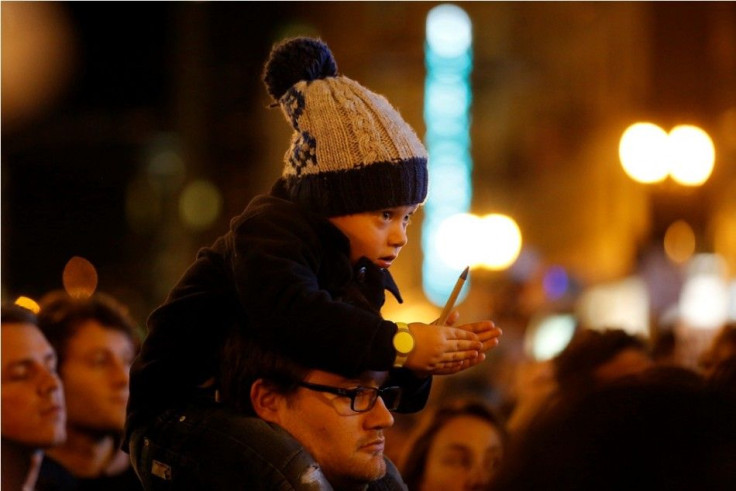France Urges European Union To Monitor Sources Of Terror Financing

France has urged the European Union to strictly monitor anonymous money transactions to crack down on terrorism. This is one of the proposals France has prepared to present before the bloc's leaders in February, according to Finance Minister Michel Sapin.
"The terrorist attacks that hit Paris and the ones that were thwarted in Brussels show how terrorist groups finance themselves, with small-scale mechanisms, small money transfers concealed in anonymity," Sapin said after his talks with fellow EU finance ministers, according to a Reuters report.
The proposals on enhancing the watch on terror financing will come up before the EU leaders when they meet in Brussels on Feb. 12-13 to discuss the bloc's strategy. The meeting is significant because it comes in the aftermath of the Paris attack by Islamist gunmen on the staff of satirical weekly Charlie Hebdo and a Jewish store, which killed 17 people.
Change in Regulations
The EU's foreign ministers have already discussed a proposal for setting up a network of European security agents abroad. Such a mechanism, it hopes, will improve the exchange of information between national anti-money laundering agencies and money transfers among EU countries and "danger zones." As far as money transfers are concerned, Sapin said "European countries must change regulations ... to better monitor small transfers that are covered by anonymity."
The French finance minister said concerns of France are not only about payment transfer companies but also pertain to those making anonymous payments. Some officials also expressed concerns over the virtual payment systems.
Second Chance
Meanwhile, EU Counter-Terrorism Coordinator Gilles de Kerchove in an interview with the Associated Press called for a lenient approach towards fighters returning from Middle East to their natives states. "If we can avoid prison, let's avoid prison,” Kerchove said. His position is in sharp contrast with those of many EU nations, who are shell shocked by the attacks in France and want more repressive measures against people who have gone out to Syria or Iraq for joining the ranks of radical groups.
"We know how much jails are major incubators of radicalisation. Much better, provided they accept to do that, they undertake major rehabilitation," De Kerchove said.
France had increased its prison term for terrorism-related offences, but was caught off-guard when an extremist network worked in tandem with a former jailhouse acquaintance of two brothers to organise the Paris attacks.
(For feedback/comments, contact the writer at kalyanaussie@gmail.com)




















